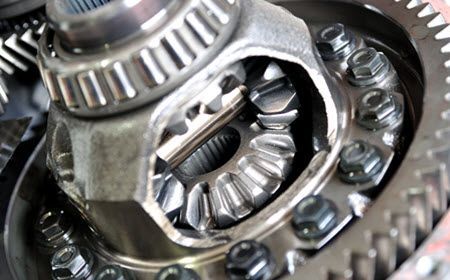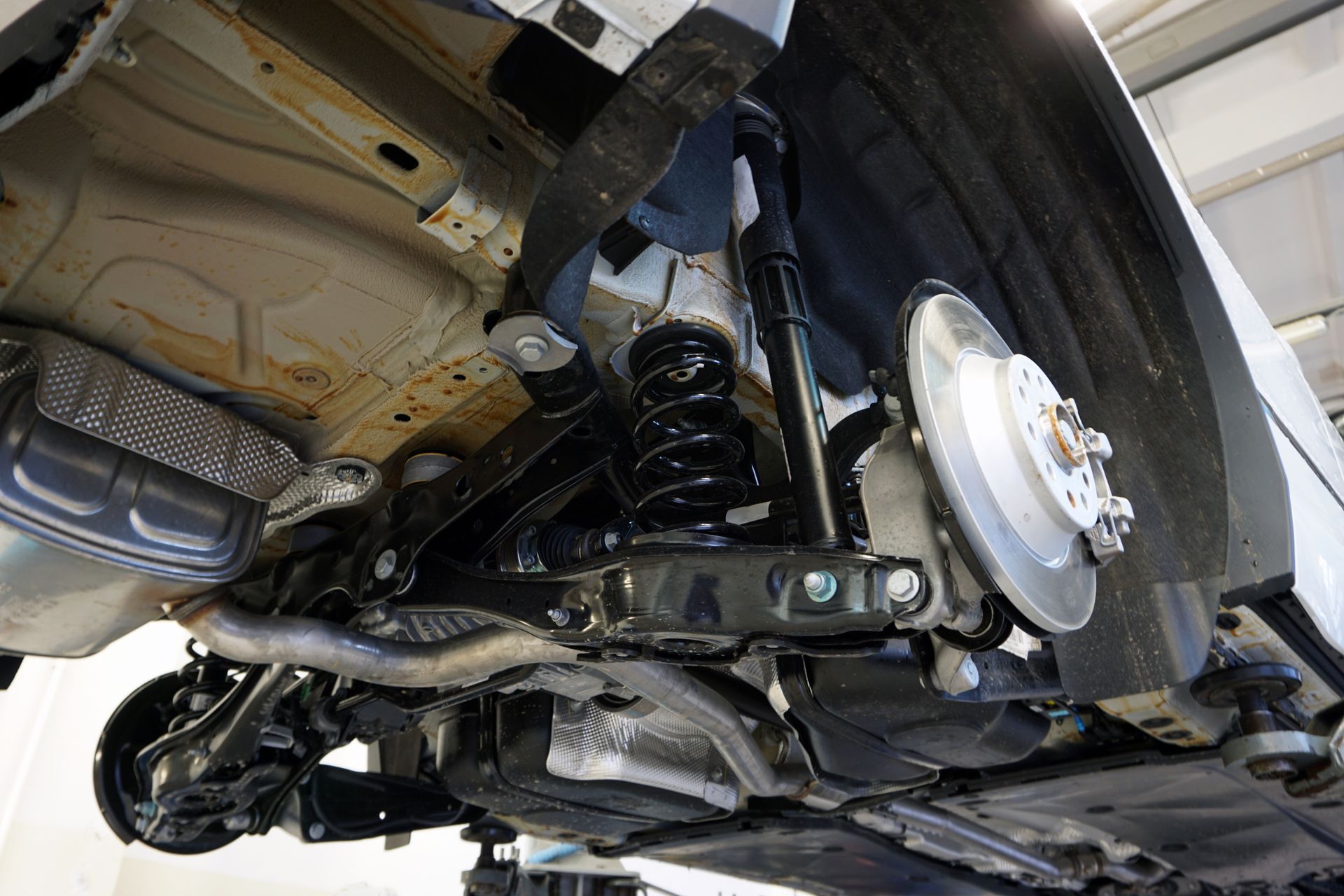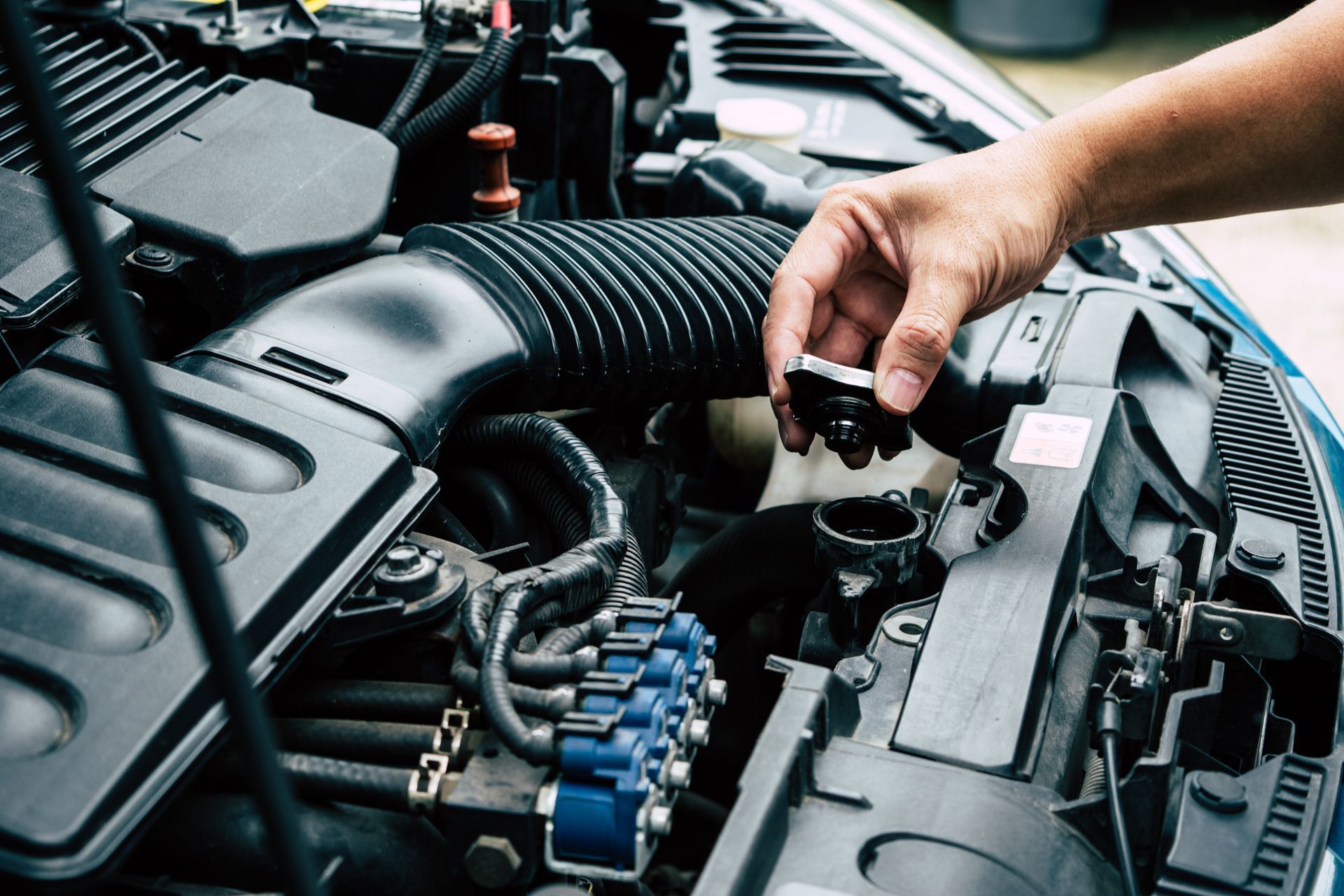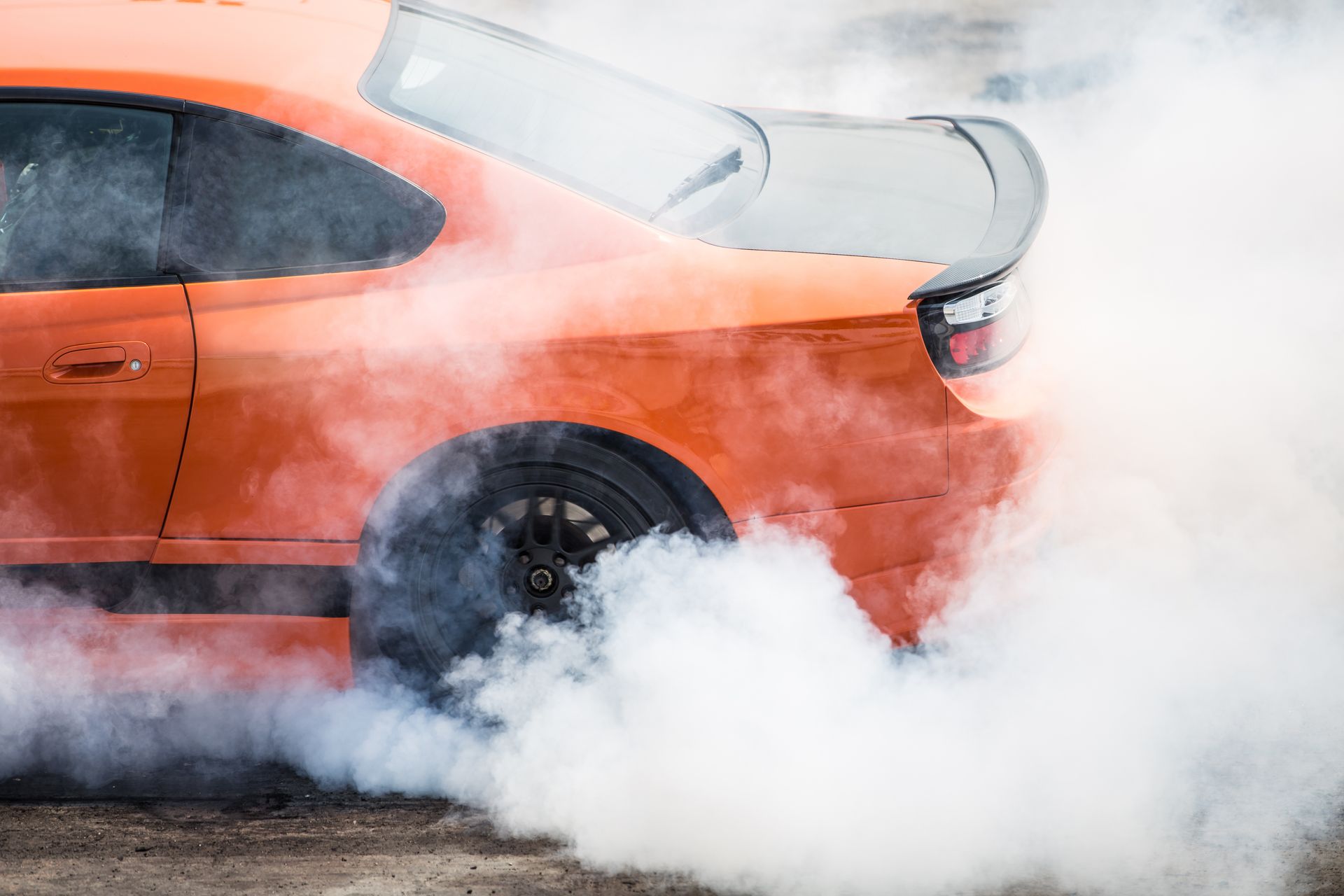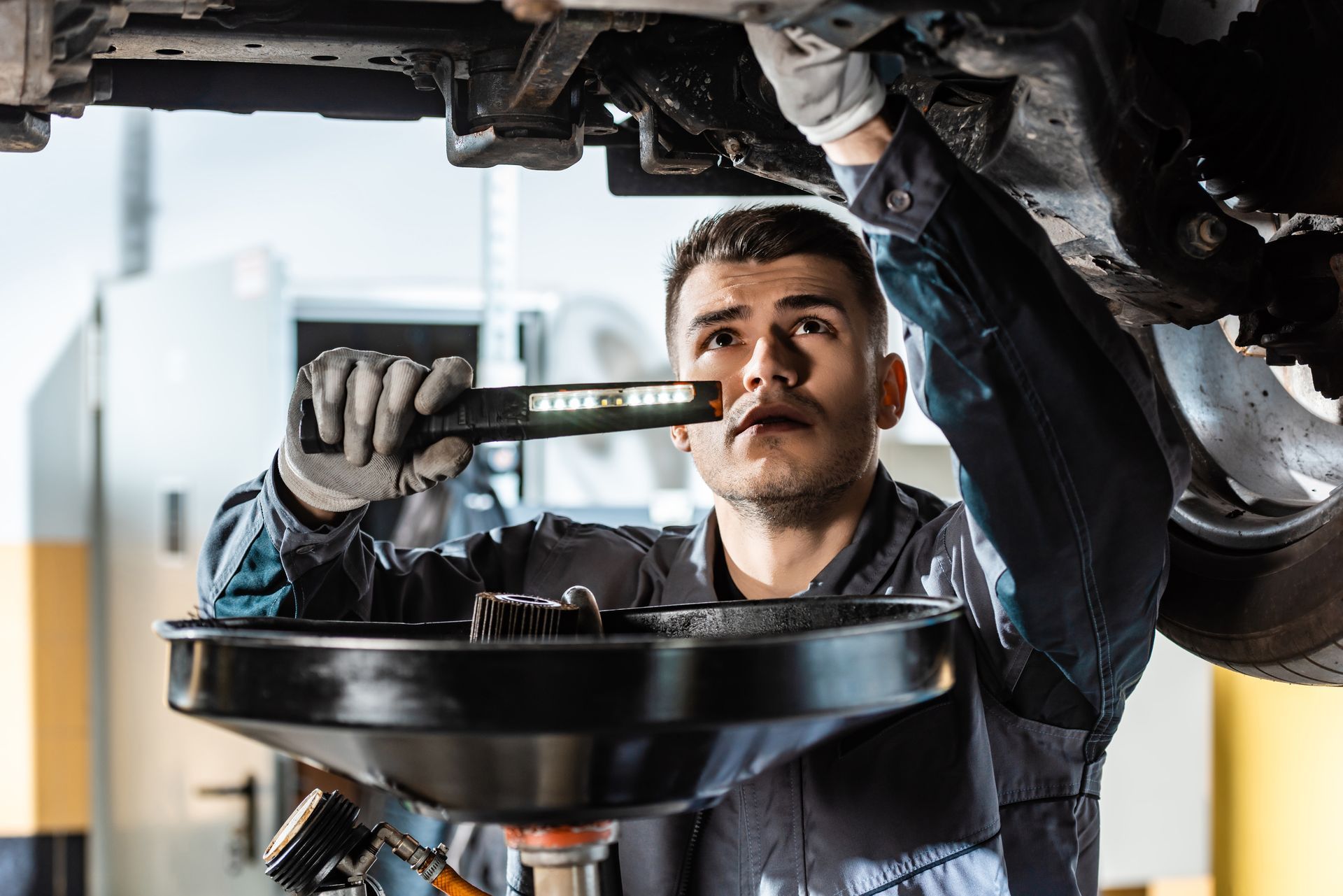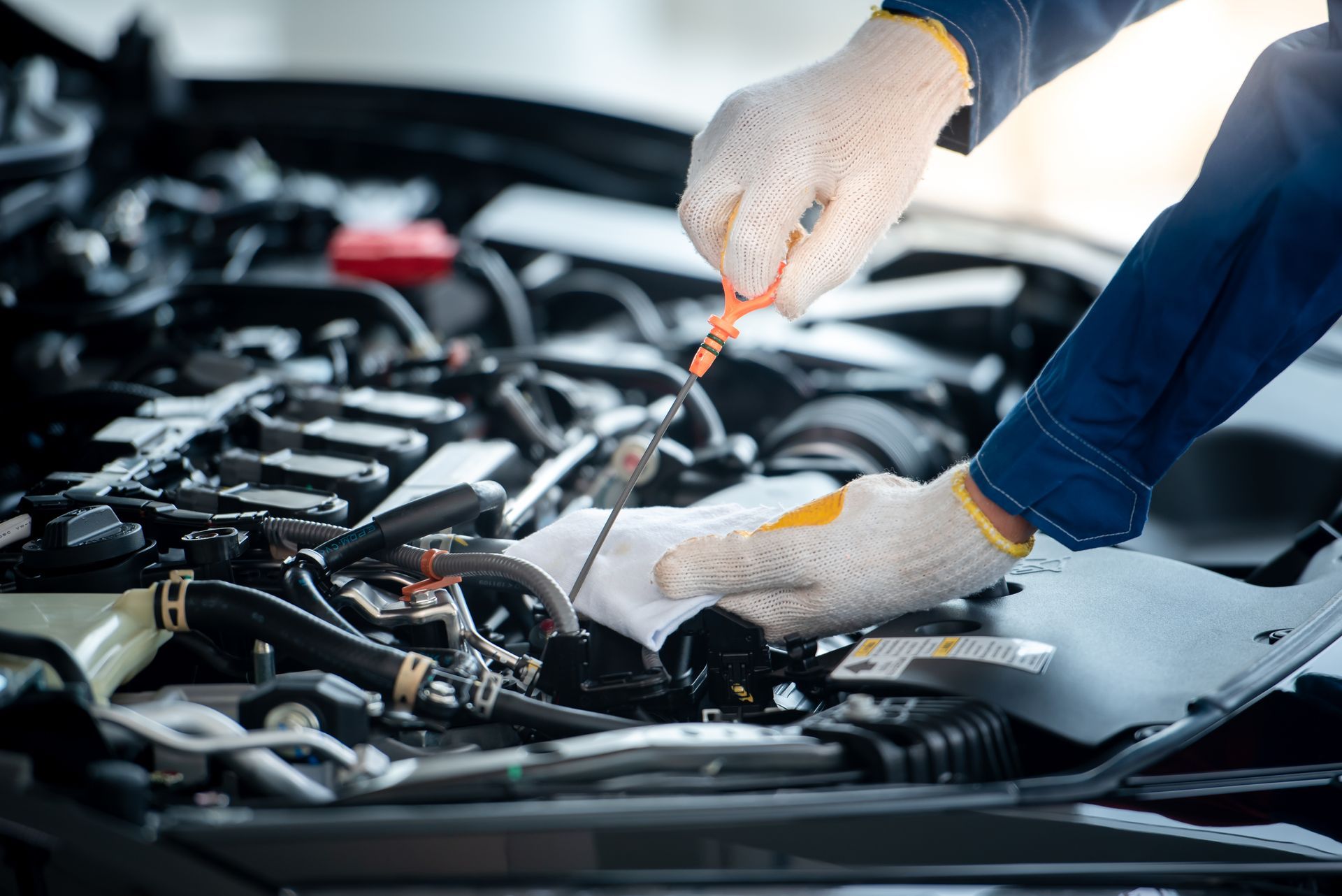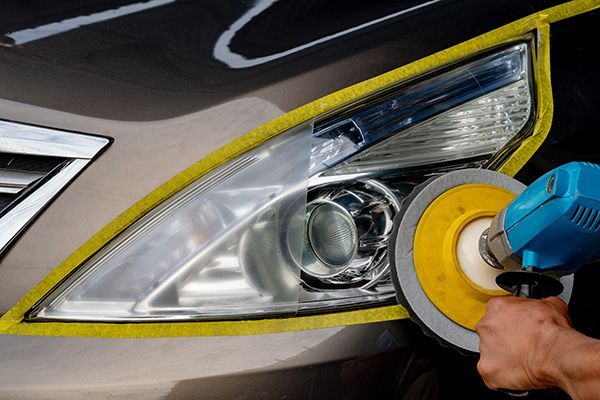Mercedes vehicles are popular for their exceptional performance and great speed. While there are many good things to say about a Mercedes car, it is not without its faults. One common issue that drivers have with their Mercedes is a
differential failure.
Most drivers do not know what a
differential is, until it starts giving them sleepless nights. In this guide, we will discuss the importance of your car’s differentials, how it fails, and what signs to look out for when they fail.
What is a Differential and Why Does it Fail?
Your Mercedes car has different components that help to keep it moving on the road. The differential is an important part of the
drivetrain that helps to transfer power from the engine to the wheels. It not only controls the movement of your car’s wheels, but it also helps the wheels rotate at different speeds.
When you turn a corner, your car’s wheels cannot rotate at the same speed. Usually, the outer wheel rotates faster to cover the longer distance around the bend; the differential makes this achievable. You can then tell how problematic it can become to keep your car in motion with a
differential failure.
The differential, however, could easily fail to function for various reasons. Some of these reasons are:
● Lack of maintenance
● Natural wear and damage
● Poor handling or reckless driving
● Loading up the car excessively and putting strain on the differential
● The use of low-quality differential oil
Common Indications of a Differential Failure in Your Mercedes
If you suspect that your Mercedes has a differential problem, here are some signs you should look out for.
1. Loud Unusual Noises
One of the obvious signs of a problem with a car’s differential is the loud noises it makes. If you notice that your car makes
loud grinding or banging sounds especially when you turn a corner or accelerate, then it is possible that the differential has a problem.
2. Excessive Vibrations
Feeling vibrations in your car when driving is never a good sign. It could be a sign of many issues, including a differential failure. If you notice that the vibrations get more intense when you increase your speed or try to make a turn, then it is time to have your car’s differential checked.
3. Overheating
Another pointer to a problem with your car’s differential is when the
transmission or areas around it start to overheat. This usually indicates that the differential is under a lot of pressure and could easily give in. You may also notice a burning smell coming from the transmission.
4. Difficulty Turning the Steering
If you notice that it is getting more difficult or complicated to handle or turn your car’s steering, you should take a look at the differential. If the differential is failing, then turning a corner could easily become a problem.
5. Excessive Tire Wear
The tires are not left out when it comes to a failing differential. Because the differential controls the wheels, which are connected to the tires; once there is a problem, the movement of the wheels could cause the tires to wear out easily.
6. Fluid Leaks
Another common indication of a differential failure is a
differential fluid leak. The differential fluid helps to reduce friction and also prevent overheating. However, if the differential has an issue, it could affect the seals that help to keep the fluid in; this could then cause a fluid leakage.

